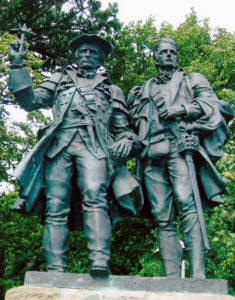I admire artists who can cross any limit, for example, between generations. And maybe, now, still alive, Elton John is one of these more paradoxical examples. In the past, let me rescue figures like one woman: Dusty Springfield – her real name was Mary Isobel Catherine Bernardette O”Brien (born 1939, 16 April in London, England)-.
She lived only 60 years, because of her disordered existence (addiction o drink and drugs, psychological instability, breast cancer). But in that short life, Dusty Springfield, early in the ’60s, probably influenced by US american pop music, created a singular mix of blues, country and even techno pop style. So, in addition to her unique voice, she could play her first solo single “I only wanna be with you” (1963), the the song for the TV series “The Six Million Dollar Man” -in Spanish, “El hombre nuclear”- (1973) and with The Pet Shop Boys, “What have I done to deserve this” (1987). The first of these songs mentioned above, was popularized translated to Spanish language, by the Mexican singer Luis Miguel, like “Ahora te puedes marchar” también en 1987.
We can see and recognize her beautiful and artistic work here in her song known as “In Private”.
















